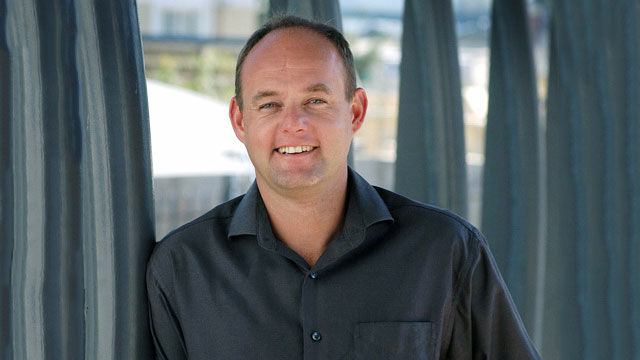
Vox Telecom, whose main shareholders last month decided against selling the company after considering offers from interested parties, now plans to build its own national fibre-optic broadband backbone to connect its business customers to its core network.
The deployment forms part of a broader, five-year strategy that it’s adopted after shareholders — Metier, RMB and Investec — decided to remove the for-sale sign.
Vox CEO Jacques du Toit says the company received a number of fair-value offers, but the shareholders decided against a sale because they felt they could get better returns by holding onto their asset. No due diligence was entered into with any party.
Du Toit says the process has allowed Vox to “clean up shop” and consolidate its operations.
“We got the house in order. We learnt a phenomenal amount about ourselves and our competitors and what they think about us. The nicest thing was that we underestimated the value of the Vox brand. We’re now in a great spot to take the business to the next level.”
Vox’s fibre plans represent its first investment into network infrastructure, says Du Toit. “We will slowly deploy infrastructure to our customers, starting with 100Mbit/s fibre circuits.”
But, he says: “We have no intention of being a [terrestrial fibre operator like] Dark Fibre Africa or [a submarine cable operator like] Seacom.”
Vox will provide services using its own network and will also lease capacity where it makes sense.
 But its own fibre roll-out plans are “aggressive”. They’ll start in the main urban centres of Johannesburg, Durban and Cape Town, and then move to smaller towns where Vox has customers, including cities such as Bloemfontein, Port Elizabeth and Polokwane, and later regional centres and smaller towns such as Mmabatho, Upington and Kimberley. “From there, it will be a hub-and-spoke scenario,” he says.
But its own fibre roll-out plans are “aggressive”. They’ll start in the main urban centres of Johannesburg, Durban and Cape Town, and then move to smaller towns where Vox has customers, including cities such as Bloemfontein, Port Elizabeth and Polokwane, and later regional centres and smaller towns such as Mmabatho, Upington and Kimberley. “From there, it will be a hub-and-spoke scenario,” he says.
Vox won’t deploy fibre to the home, saying it prefers to work with open-access fibre infrastructure companies like Vumatel to provide bandwidth to end users. Du Toit says the company is securing good business from residents of Parkhurst, the first suburb to get Vumatel fibre broadband.
Vox’s fibre roll-out project forms part of a broader strategy to grow the company into a bigger and more robust contender in South Africa’s telecoms industry. Du Toit says the aim is to build a “premium telco”.
The company will “work out sunset products” and bring in new products and services, including introducing customer relationship management solutions. This will mean “bolstering the Microsoft house”, where Vox is already is a partner of the software giant. Cloud services will also be a big area of expansion, again with a focus on the Microsoft technology stack.
Vox intends doubling its sales team from 120 to 240 people and adopting a “much more divisionalised approach for logically grouped products”.
In addition to its increased investment in fibre, Du Toit says Vox is also keen to bid for new radio frequency spectrum when it becomes available.
“Vox will definitely play,” he says. “We will be a serious contender. We are a disruptor in the market and [communications regulator] Icasa should give the likes of Vox a fair chance.”
He says factors such as the ability to lease access to spectrum and share it, the ability to co-locate infrastructure with other players, social obligations and licence fees will all play a role in determining how Vox will approach the opportunity. — (c) 2015 NewsCentral Media




